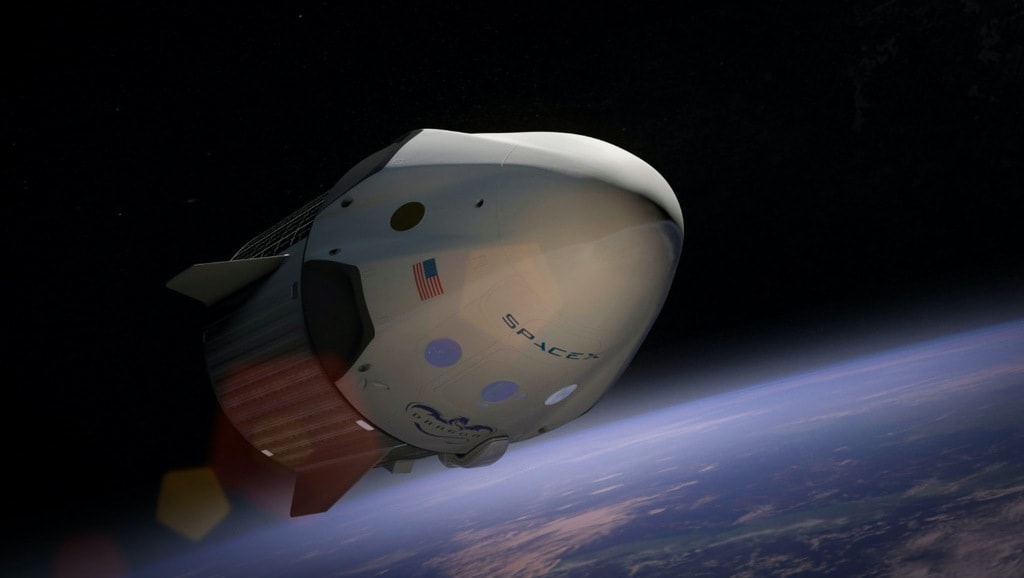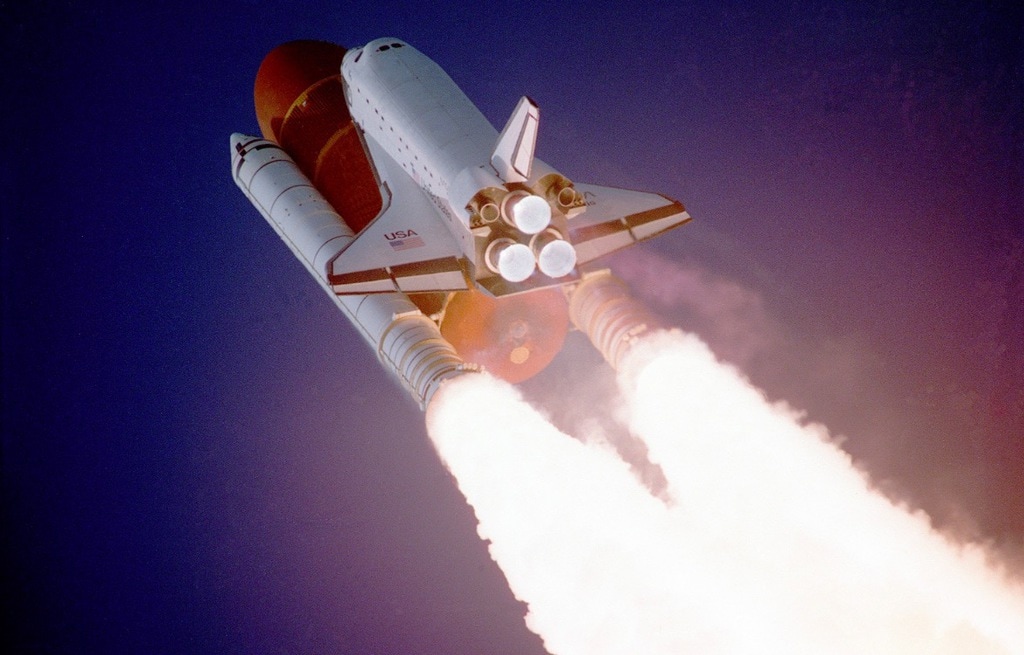Space has always been a place of endless fascination waiting to be explored. In the past, many countries have endeavored to understand the infinite expanse and how to use it to further humanity as a species. The USSR’s Soviet Space Program and The United States’ NASA were once the biggest and most dominant programs as they raced to develop technologies to outperform one another, but since then some businesses have become so large that they could afford to invest in space technology advancement. The two largest today are SpaceX and Blue Origin, and this is their story.
SpaceX
SpaceX was started by entrepreneur and Elon Musk, the co-founder of PayPal and Tesla, with the hopes of making space travel commercially available to all. He wants to develop, and in some cases invent, the technology that could allow humans to inhabit Mars, the Moon, and everything else humans would need in space. He realized that government-funded programs were always lacking the necessary capital to truly push forward the development of space-faring transports. To fix this he funded SpaceX using his other businesses as a source of income.

Blue Origin
Billionaire, Jeff Bezos started Blue Origin in 2000 with a similar goal to that of Elon Musk. He wanted to create cheaper ways to travel into space and develop humanity’s footprint on our solar system. They aim to have short commercial flights for citizens soon, but they keep moving the date so that they can better perfect the technologies. They also frequently collaborate with military agencies, NASA, and the ULA.
The competition
SpaceX and Blue Origin frequently butt heads as they have very similar goals and are researching and building very similar technology. SpaceX has performed 21 launches in the last two years alone showing that they mean business and are frequently interacting within social spaces to share their latest projects and advances, whereas Blue Horizon tends to be introverted in its social appearance. SpaceX is also the first company to put people in space without any assistance from governmental agencies like NASA, using its Falcon 9 rocket.
Blue Origin, currently, has yet to launch anything into space but has developed the New Glenn rocket that it hopes to launch in 2021 with passengers. It has also followed SpaceX in making a vertical take-off and vertical landing rocket called New Shepard which it hopes to use for reusable human tourism.
AI for the future
SpaceX has created an AI called CIMON, Crew Interactive Mobile Companion, that traveled to the International Space Station in 2018 to assist the crew with onboard research experiments, and in doing so became the first Artificial Intelligence to be launched into space. The Falcon 9 also used AI in its most recent launch. It acted as an autopilot and assisted the crew in pulling off complex movements.

AWS, Amazon Web Services, is a subsidiary of Amazon, announced a new space business segment known as Aerospace and Satellite Solutions. Blue Origin aims to bring this technology to the space enterprises and satellite industry to help manage the spaceflight operations. The system is designed to reimagine how the launch process operates and will assist in creating flexible, secure, scalable, and cost-effective cloud solutions for upcoming missions.
The winner?
SpaceX has been the first to do many things for the first time as of late, including, developing smaller launchers, using liquid-fuelled rockets, creating the cheapest rockets, and creating reusable rockets. Blue Origin on the other hand takes smaller steps but seems to be investing more resources into long term plans. Ultimately, only time will tell which of these giants will come out on top.










